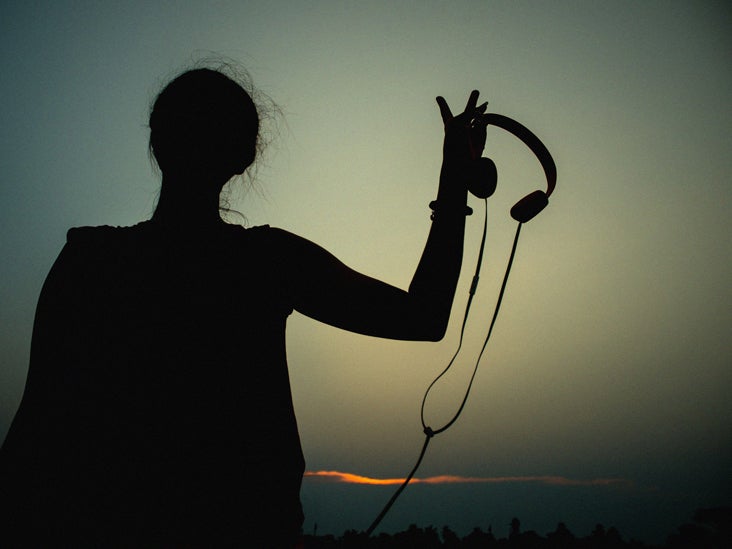Music is an essential part of our lives. Whether you’re listening to soothing songs, dance beats or even lyrics, a person could be unable to be able to live without their love fortunes. Research has revealed that different types of music can alter blood pressure. For example the metal and rock genres cause positive changes more than tranquilizer-like tracks. Hormone fluctuations are also result of the different the kind of music we listen to. While calming acoustic songs help to control everything from moods to appetites.
It’s not new to consider that music has an impact positive on mental health. In certain societies, the use of drums and singing were used to heal in the past, dating back many thousands of years back in the past. We now know that this therapy can be beneficial for the treatment of anxiety and post-traumatic stress disorder (PTSD). There is an unlimited number of people who need it, because everyone has different concerns about their moods, emotions and moods.

Music therapy is a technique that is utilized by a majority of people involved in a way. Since music therapy is based on music as the basis it’s more likely help those who are in need of healing. It is possible to feel an immediate connection to music and can sense their mood changing just by listening. For this form to be 100% effective, therapists often compose songs or lyrics from traditional songs while also engaging in specific types like mindfulness exercises, for example, during which patients must focus upon specific sound waves.
Music therapy can be beneficial to anyone.
Music therapy is used to aid relaxation and is used to take your mind away from anxiety.
1. Hearing Impairment
It has been demonstrated that music therapy can aid in speech development in people with hearing loss. It is not common for people who have hearing problems can hear all the time. However there are people who experience some degree of sensation. Music therapy helps to enhance speech production and intonation.
2. Autism
Music therapy has been found to be efficient in helping autistic spectrum disorder (ASD) sufferers. Music therapy can be combined with standard treatment to help those with autism spectrum disorders (ASD). It is believed that it could lead to better lives. The time between social withdrawal and isolation were shorter when kids received the two types of treatment compared to one type alone; this indicates that there is some benefit in pairing these two types since most boys who receive increased social skills also show improvements in their social interactions at home also.
3. Chronic pain
Both pain and music can serve as soothing inputs to those who are suffering. It’s not a surprise that patients feel less physical discomfort when they use music therapy to relieve their emotional stress. One method to achieve this is by taking your mind away off of the nagging sensations to allow you time away from what’s going on around them , just as we utilize our ears during concert halls or pianos where there’s nothing to distract us besides these two things.
For more information, click house of music book